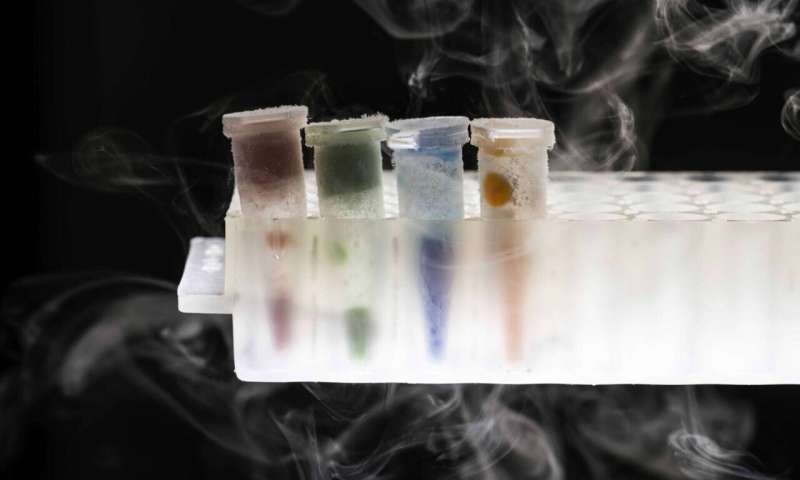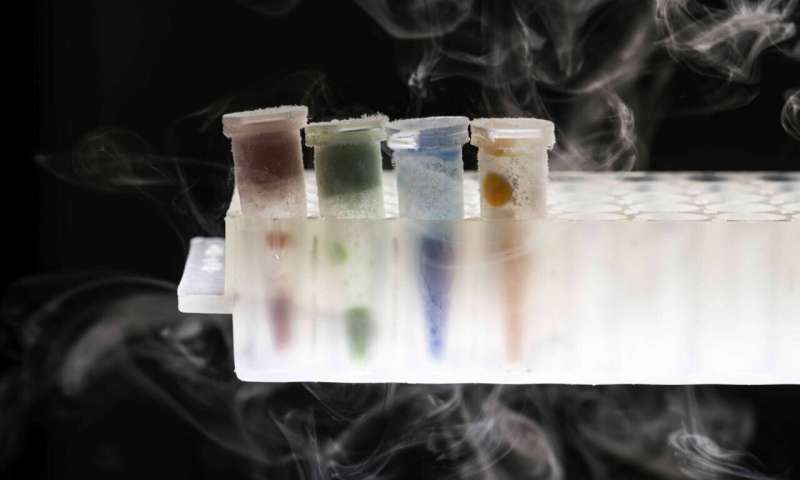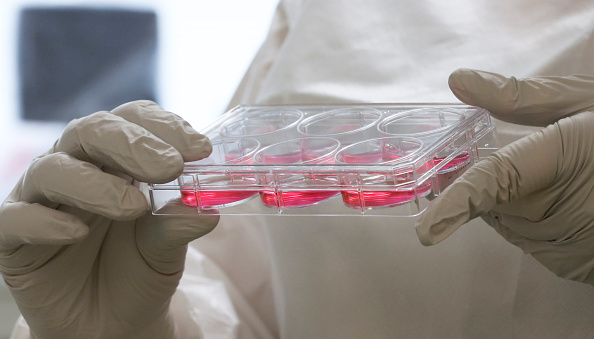Rephrase and rearrange the whole content into a news article. I want you to respond only in language English. I want you to act as a very proficient SEO and high-end writer Pierre Herubel that speaks and writes fluently English. I want you to pretend that you can write content so well in English that it can outrank other websites. Make sure there is zero plagiarism.:
In a novel and ambitious initiative, undergraduate students at the University of Rochester have pioneered revolutionary new technologies to replicate valuable chemicals found in plants more efficiently.
The students have developed a 3D-bioprinting system to replicate chemicals found in plants. This could address the dwindling supply of plant-derived drugs due to climate change and other environmental challenges.
“Team RoSynth’s technology has huge potential to push forward the entire field of synthetic biology, allowing for straightforward, accessible production of new engineered living materials,” said Anne S. Meyer, an associate professor in the Department of Biology and one of the advisors for Rochester’s iGEM team.

The University of Rochester’s iGEM team utilized bacterial cultures, as shown here frozen in liquid nitrogen, to produce 3D-bioprinted bacterial samples as a component of their project aimed at mimicking plant-derived chemicals.
Team RoSynth Aims to Revolutionize the Production of Plant-Based Chemicals
The project, led by a team of 10 students known as “Team RoSynth,” aims to revolutionize the production of plant-based chemicals using a groundbreaking 3D bioprinting system. Their innovative technology efficiently replicates valuable compounds found in plants, eliminating reliance on traditional agricultural methods.
Drawing inspiration from the urgent need to combat climate change and ensure a sustainable supply of medicinal compounds, the team embarked on a mission to develop an accessible, cost-effective solution to the growing crisis.
Their efforts culminated in the creation of a 3D bioprinter capable of synthesizing plant-derived chemicals using genetically engineered bacteria and yeast.
The key innovation lies in the team’s ability to print genetically modified microbes in hydrogels, allowing for the controlled production of target compounds. By strategically dividing the labor among different types of microbes, the team has streamlined the synthesis process, making it both efficient and scalable.
“To solve this tricky problem, the students devised an ingenious solution. The yeast and the bacteria were 3D bioprinted in hydrogels, so the microbes were kept separate from each other, but the molecules they produced could exchange freely,” Meyer said.
Synthesizing Rosmarinic Acid
One of the project’s significant achievements is the successful synthesis of rosmarinic acid (RA), a compound commonly found in plants such as rosemary and sage.
By biochemically producing RA in a laboratory setting, the team has demonstrated the feasibility of their approach and its potential to revolutionize the pharmaceutical industry.
The implications of this technology extend far beyond the production of rosmarinic acid. With the ability to customize the genetic pathways of bacteria and yeast, scientists can now explore the synthesis of a wide range of plant-based compounds, including essential drugs like aspirin and taxol.
Moreover, the team’s commitment to accessibility and affordability is evident in their decision to design an open-source bioprinter with a price tag of under $500.
By making their technology accessible to laboratories and researchers worldwide, Team RoSynth hopes to catalyze further innovation in the field of synthetic biology.
The team envisions a future where environmental limitations or agricultural dependencies no longer constrain the synthesis of plant-based chemicals.
Related Article: Here’s How Gene-Editing Treatment Changed the Lives of Hereditary Disorder Patients Across 3 Countries
ⓒ 2023 TECHTIMES.com All rights reserved. Do not reproduce without permission.

I have over 10 years of experience in the cryptocurrency industry and I have been on the list of the top authors on LinkedIn for the past 5 years. I have a wealth of knowledge to share with my readers, and my goal is to help them navigate the ever-changing world of cryptocurrencies.





